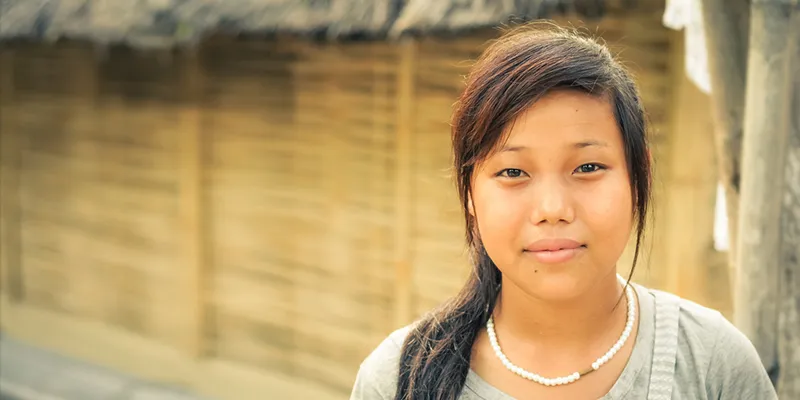Plight of Northeastern women – victims of orthodoxy in their home states, targets for sexual abuse in rest of India
After a girl from Nagaland was brutally raped in the desolate deer park in Delhi’s Hauz Khas area, there were police officials as well as members of the public advising Northeastern girls to stop partying and behave themselves in order to stay safe. While victims of sexual violence often have to endure victim-blaming, the kind of blasé, even cruel treatment meted out to Northeastern women in India is probably unprecedented.

Binalakshmi Nepram, author and activist, hails from Manipur and has been an outspoken voice on the issues faced by the women of Northeast India. She has been tweeting about the shocking victim-blaming that was rampant in the Hauz Khas case. The police are looking for the rapist with help from local people and electronic surveillance footage, but a protest has been planned tomorrow by the Northeast India Forum against Racism, Northeast India Women Initiative for Peace and a few other organisations and individuals against the unfair coverage that Northeastern women receive from the media due to irrelevant details like their distinctive features and the western outfits they commonly wear.
The Northeastern states, with their dense greenery and exotic cuisine, along with the calm demeanour of the people, evoke a postcard-like feeling that is straight out of a tourism advertisement. The women from these states are attractive, good-natured and hard working. However, they face a raw deal when they move to different parts of India seeking better job prospects.
In a survey conducted by the Centre for North East Studies and Policy Research, Jamia Millia Islamia, and commissioned by National Commission for Women, a random sample group of students and young professionals was interviewed. The aim of the study was to find out the challenges lying before women from the Northeastern region who are living and working in metropolises. Despite being the capital city, Delhi has the worst record, with 81 percent of respondents from the Northeast reporting that they faced abuse and discrimination in the city, followed by Bengaluru at 60 percent.
Meanwhile, Naga men feel elected women leaders destroy Naga culture
In the last couple of weeks, Nagaland has been burning - many people have been seriously injured, and at least three have died while buildings, mostly belonging to the state, have been firebombed, and cars set on fire – all because 33 percent reservation for women was to be implemented in municipal and town council elections. The reservation, which has been implemented in other parts of India, was much delayed in Nagaland. Many women's groups had been fighting for the same, but most tribespeople had opposed it.
Nagaland might be a scenic state nestled amidst dense forests in the mountain ranges of India's Northeast, but it has been a politically volatile place. The mostly Christian population continues to practise their tribal culture, and they are fiercely proud of their heritage. Nagas belong to 17 main tribes that believe that a woman’s place is at home. The state assembly has never had a single woman legislator. Nagaland has also only elected one woman to Parliament, that too in the 1970s.
In January, Chief Minister T. R. Zeliang announced that elections to urban municipal bodies would be held on February 1, with the 33 percent reservation for women to be in effect for the first time. Tribal groups erupted in anger and warned women candidates that they would be excommunicated from their tribes.
According to the conservative men of the state, women don’t need reservation since they are respected and, unlike other parts of India, they have no custom of dowry or female foeticide.
But the minute women were to take up positions of power, patriarchy in its most virulent form exploded across the state. T. R. Zeliang was forced to step down in the face of all the opposition, and Naga People's Front (NPF) leader Shurhozelie Liezietsu was elected the new Chief Minister today.
Will Naga women get a fair deal under the new Chief Minister? Will Northeastern women ever be assured of safety without having to listen to jibes on their looks or clothes? These are questions that have no answers today.







